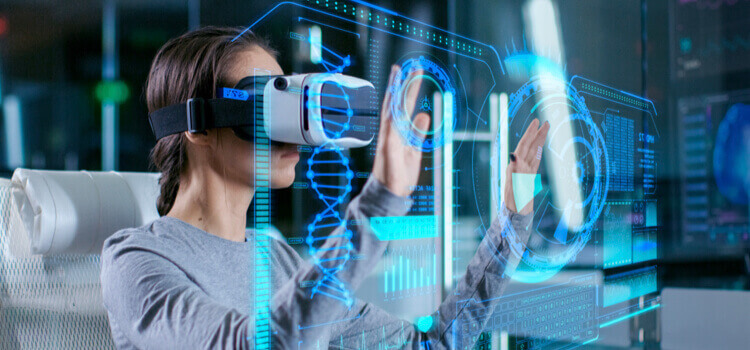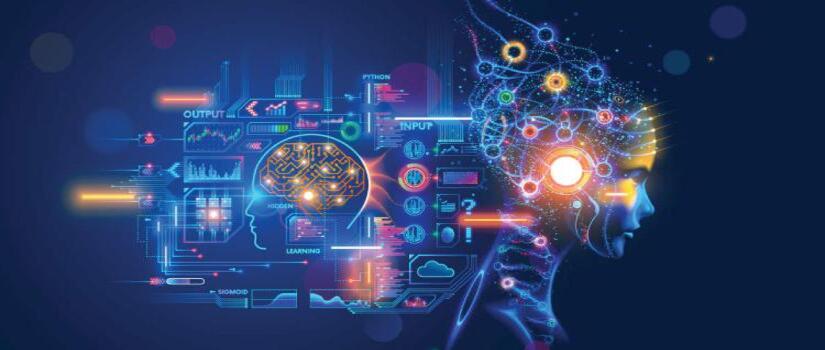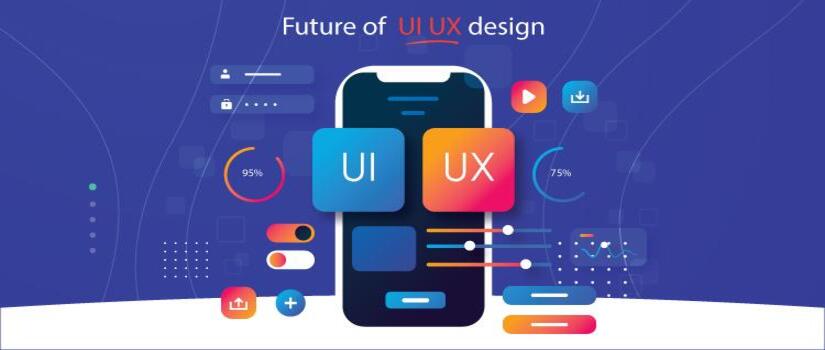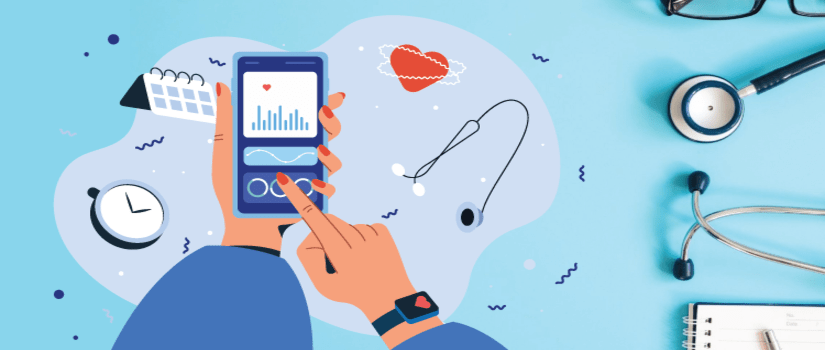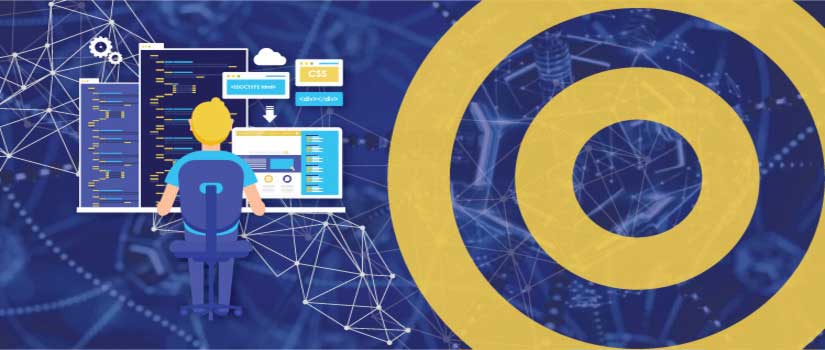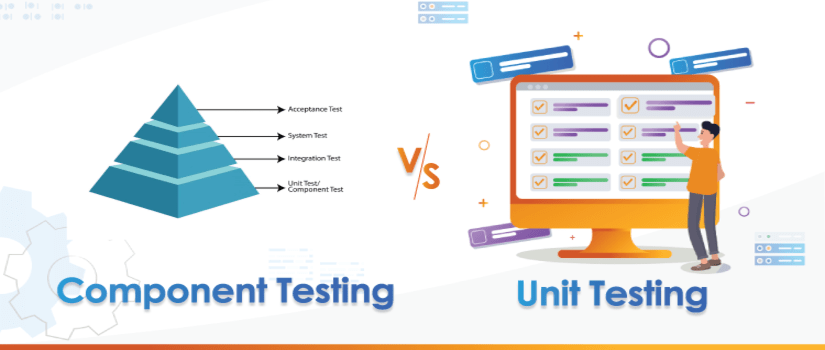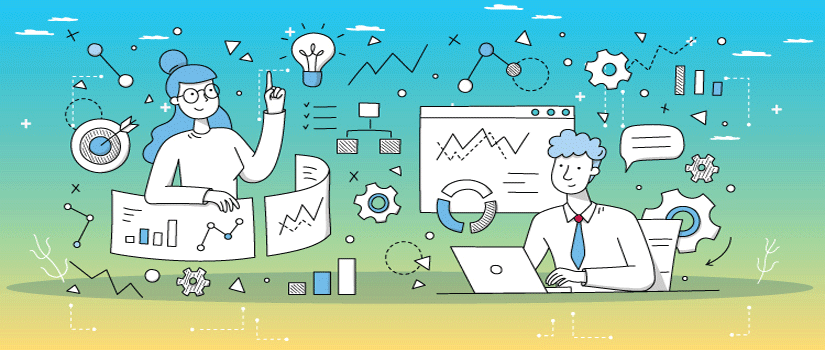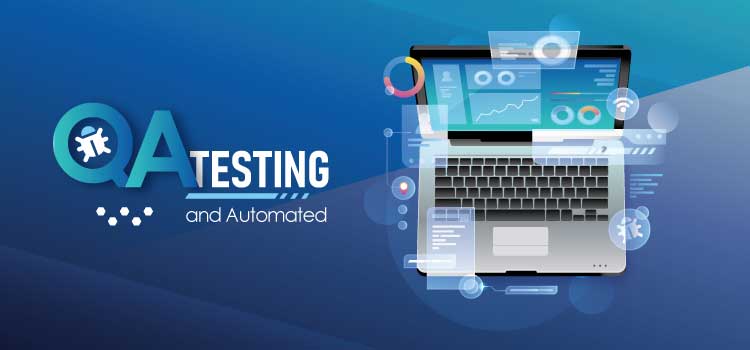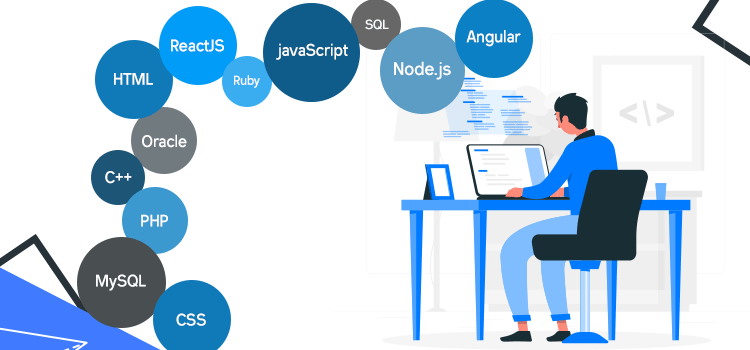There is a lot of fuzz surrounding artificial intelligence, with expectations among healthcare providers rising higher for the use of technology. Artificial Intelligence is getting increasingly sophisticated at doing what humans do, but more efficiently and more quickly at a lower cost. Artificial Intelligence and robotics are increasingly becoming a part of our healthcare ecosystem. AI is beginning to leave its sci-fi legacy behind to become a transformative technology in a modern digital age.
Keeping A Healthy Lifestyle
AI is reshaping several aspects of our lives and one of the biggest potential benefits is helping people stay healthy with Technology in Healthcare, so they don't need a doctor, or at least not as often as they need now. Healthcare systems are facing many challenges as the populations are growing and aging and the disease profiles are gearing towards chronic illnesses due to lifestyle choices. Artificial Intelligence is addressing these challenges by providing specialized care and empowering the patients to manage their own healthcare and lead healthier lifestyles. The use of Artificial Intelligence and the Internet of Medical Things (IoMT) in consumer health applications has already engaged people in the wellness journey where they have started to proactively take part in their care management instead of just following the providers’ assessment and orders. It is also driving them to change their habits which in turn is improving their health outcomes.
AI enhances the ability of healthcare professionals to better understand the daily patterns and needs of the people they care for, and with that understanding, they are able to provide better guidance and support for a healthy living.
AI & Disease Detection
Artificial Intelligence (AI) is on a par with human experts and is just turning out to be as good as them at diagnosing the illnesses. With the help of AI and machine learning algorithms, the healthcare industry is advancing into the creation of new treatments helping people live longer and healthier lives.
AI in HealthCare is already being used to detect chronic diseases, such as cancer, more accurately, and in their early stages. Artificial intelligence predictive models using regression techniques and newer machine learning approaches help in early detection and preventive treatment of specific conditions. As per the American Cancer Society, a high proportion of mammograms yield false results, leading to one in two healthy women being told that they have cancer. The use of Artificial Intelligence is enabling review and translation of mammograms 30 times faster with 99% accuracy, reducing the need for unnecessary biopsies.
The proliferation of consumer wearables and other medical devices combined with AI is also being applied to oversee early-stage heart disease, enabling doctors and other caregivers to better monitor and detect life-threatening episodes at earlier and more treatable stages.
AI & Diagnosis
AI Predictive models are used to identify the right intervention at the right time. AI is absorbing information through symptom data, disease causes, test results, medical images, provider reports, and other electronic health data to create the algorithms to get to the right outcome.
IBM’s Watson for Health; is helping healthcare institutions apply cognitive technology to unlock vast amounts of health data and power diagnoses. IBM’s Watson can review and store a lot more medical information – every medical journal, symptom, and case study of treatment and response around the world – exponentially faster and better than any human.
Google’s DeepMind Health is working in partnership with doctors, researchers, and patients to solve real-world healthcare problems. This technology combines machine learning and systems neuroscience to create powerful general-purpose learning algorithms into neural networks that mimic an individual’s brain.
AI & Decision Making
Improving care requires the alignment of big health data with appropriate and timely decisions, and predictive Healthcare Data Analytics can support clinical decision-making and actions as well as prioritize administrative tasks.
AI & Treatment
Beyond scanning health records, AI can help doctors to take a more comprehensive approach for disease management, better-coordinated care plans, and helping individuals to better manage and comply with their treatment programs. Robots have been used in medicine for more than 30 years. From a simple laboratory robot to highly complex surgical robots that can help a human surgeon or execute operations by themselves. They are used in hospitals and labs for repetitive tasks, in rehabilitation, physical therapy, and in support of those with long-term conditions.
Different patients respond to different drugs and treatments and it is quite difficult to determine the factors that contribute to the choice of treatment. There is huge potential in the personalized treatment and AI algorithms can help in increasing the patients’ lifespans by predicting the responses to a particular treatment. The resulting outcomes make it much easier for the providers to design the right treatment plans.
AI, Research Process & Drugs Development
The path from the research lab to the patient is a long and costly one. According to the California Biomedical Research Association, it takes an average of twelve years for a drug to travel from clinical trials to the market. Only five in 5000 of the medicines that begin preclinical testing ever make it to human testing and just one of these five is ever approved for the usage. Drug research is one of the more recent applications for Artificial Intelligence in healthcare. By directing the latest advancements in AI to modernize the drug discovery and drug repurposing processes, there is a lot of potentials to significantly reduce both, the time to market for new drugs and their production cost.
Machine learning algorithms can more easily analyze the data and complement the researchers’ work, hence revolutionizing the drug discovery process. By speeding up the scientific progress, the R&D challenges associated with the drug development can be cut significantly. AI has been successfully applied to the 4 main stages of the drug development starting from identifying the good target proteins, then finding the right compounds to interact with the target molecules, speeding up the trials by identifying patterns to separate good candidates from bad, and finally finding the right biomarkers (molecules) for identifying the presence and progression of diseases that can help doctors choose the right treatment.
End Of Life
In order to keep the aging minds sharp, Artificial Intelligence combined with the advancements in the humanoid design has enabled the robots to have conversations and social interaction with people. As we approach the end of life, we are dying slowly and different from our previous generations with medical conditions like dementia, heart failure, and osteoporosis.
AI has the potential to revolutionize end of life care by helping people to remain independent for a longer time, reducing the need for hospitals and care homes.
If you have any requirements for data analytics, please Contact Us.

